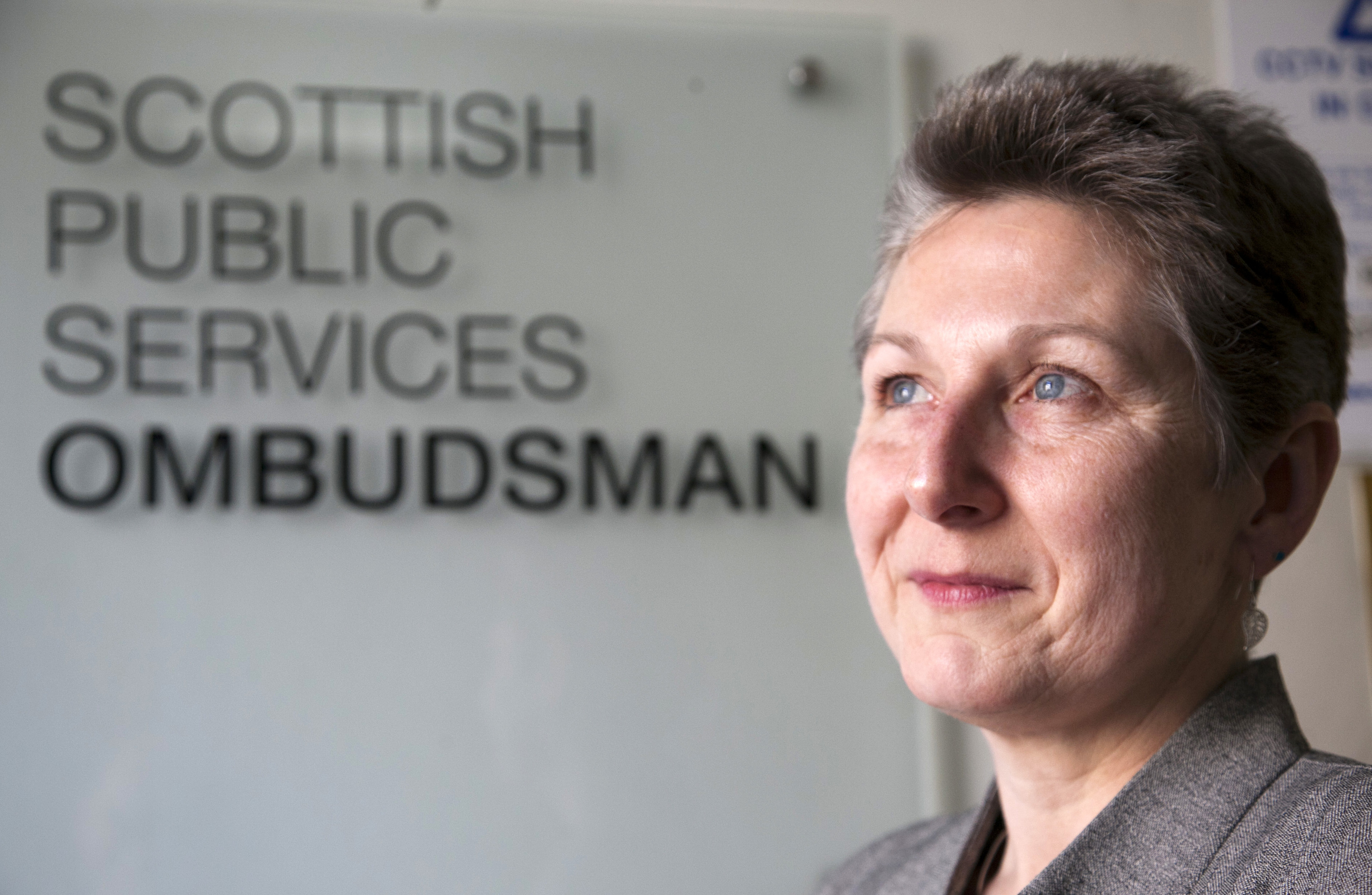
DOCTORS need to learn how to better communicate with their patients, watchdogs have warned.
The woman in charge of investigating serious complaints about the public sector says the NHS is dominating her workload, with many problems down to simple poor communication.
Over the last decade the number of complaints to the Scottish Public Services Ombudsman (SPSO) has doubled, with the watchdog now receiving an average of 16 protests a day.
Speaking on the first anniversary of taking up the new role, Ombudsman Rosemary Agnew also said spending cutbacks were having an impact on standards at public bodies such as councils.
Ms Agnew, the former Information Commissioner, said people were more willing to complain about poor service but rejected suggestions a complaints culture was developing in Scotland.
She said: “The complaints that reach us are very often a person saying they just want to put it right for the next person. I think there is an acceptance now, culturally, that it is ok to complain about poor service.
“Increasingly our public reports seem to be about health matters and the theme that has emerged to me is one of communication.
“That is clinicians to patients and communication across different parts of the NHS.
“With some of the complaints on my desk I have thought, do you know what, if you had communicated differently, I don’t think we would be here now.
“What has struck me and colleagues is what sort of training clinicians get in communication because I don’t think it is consistent.
“When I talk to nurses, they seem to have a different sort of training in communication skills to clinicians, and this is something that needs to be looked at.
“A lot of this is the transition between one part of care to another, what is communicated and how well it is communicated.
“Sometimes it is a lack of time, sometimes it is culture and it may be because the service user is actually quite difficult to communicate with, and people don’t have the skills to adapt to this.”
She added: “We must never forget people don’t go to work to intentionally do a poor job.”
Last week Chief Medical Officer Dr Catherine Calderwood called for a move away from the “doctor knows best” culture.
She has started an initiative where patients are sent advice on key questions to ask their doctor or nurse before their appointment.
These include asking whether a test, procedure or treatment is “really needed”, whether there are any risks and what would happen if patients decided not to have treatment.
The number of Scots employed in the public sector has fallen by nearly 50,000 over the last six years and funding cuts have stretched local authorities across the country.
Ms Agnew said these funding cuts are having an impact with her work, which now takes into consideration that many public bodies are having to make difficult decisions on the level of service they provide.
She explained: “We have got used to an excellent service in some areas, say bin collections, but these now increasingly needed to be balanced against say education or special care.
“What we are likely to see is more complaints in areas where people have been used to a certain level of service where there is now not as much money to go around any more. The classic one is potholes. I wouldn’t like to be in a position in a council where I am having to make a choice; do I spend more money on schools or do the roads get repaired.
“So we have to be realistic, something that we try to do is when we look at complaints is consider reasonableness, was service provided reasonable given the circumstances?”
There were 4,104 number of complaints to the SPSO in 2016/17 (16 for every working day) – 37% related to councils and 34% were about the NHS.
A decade ago the SPSO handled 1,842 complaints with 51% of them about councils and just one in five about the health service.

Enjoy the convenience of having The Sunday Post delivered as a digital ePaper straight to your smartphone, tablet or computer.
Subscribe for only £5.49 a month and enjoy all the benefits of the printed paper as a digital replica.
Subscribe